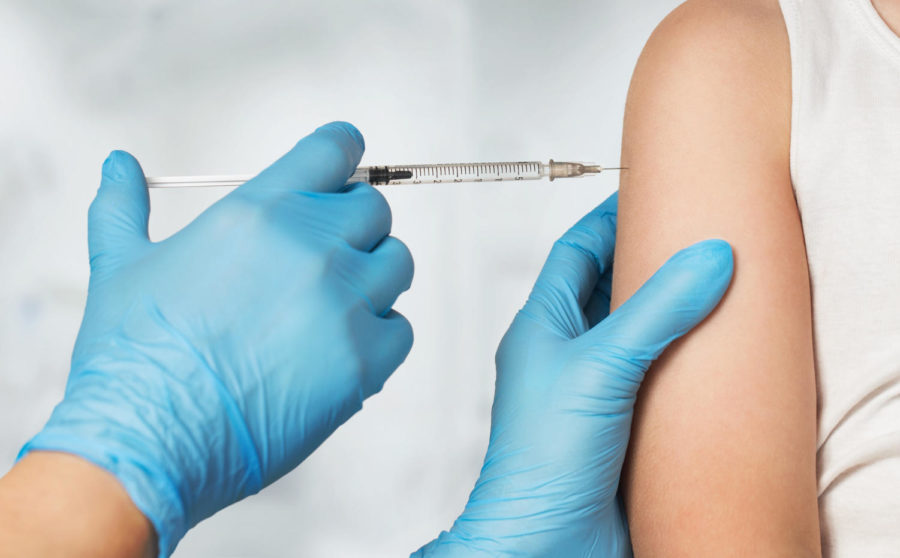Editorial: United States may lose measles-eliminated status
The ISD Editorial Board encourages you to stop the spread of misinformation about vaccines.
September 26, 2019
The United States has a “reasonable chance” of losing its World Health Organization (WHO) measles-eliminated status in October due to an outbreak in New York.
The outbreak began in October 2018, and the most recent diagnosed cases were in August. While the city of Rockland, New York, has declared the outbreak to be over, their assessment doesn’t quite meet WHO’s standards. A measles outbreak is officially considered finished 42 days after the most recently diagnosed person develops a rash.
If no new cases are reported in the affected New York area by Wednesday, the U.S. will maintain its status, but misinformation about vaccines still plagues Americans online and the disease continues to spread elsewhere.
According to the Centers for Disease Control and Prevention (CDC), between Jan. 1 and Sept. 19, 1,241 cases have been reported in 31 states. That’s a far cry from where we were at the start of the millennia, when CDC officials celebrated the measles-eliminated status as a historic achievement.
Health officials have said the increase in cases is largely to do a rise in anti-vaccine sentiment throughout the country, and WHO listed “vaccine hesitancy” as a threat to global health in 2019. Indeed, here in the U.S., the CDC has found more and more children are entering kindergarten without vaccinations — for the third year in a row, the median vaccination rate continued falling, putting us at 94.3 percent. The typical vaccination rate desired for herd immunity is typically estimated at 95 percent.
In essence, the vaccine debate falls into the same rhetorical category as most others: misinformation spreads online and debate drives us further into our beliefs. The impacts, however, spread far beyond our keyboards and our own health choices.
For example, not everyone’s body is able to handle a vaccine, often because of pre-existing medical conditions. If an unvaccinated person contracts measles and spends time in the same area as a person who isn’t vaccine eligible, they’re now putting that person at risk. Thanks to herd immunity, it’s unlikely a virus would spread, but if we continue the anti-vaccine trend, maintaining herd immunity isn’t guaranteed.
The best way we can all fight this is to look out for the spread of misinformation. A common argument is that vaccines cause autism, which spread from a 1997 study that has since been widely discredited, and the doctor who conducted the study lost his medical license because of it.
The Public Health Organization has a list of vaccine myths that can be handy to show or send to a friend with questions about vaccinations so we can all keep ourselves protected and maintain the United States’ status as a measles-free country.

















